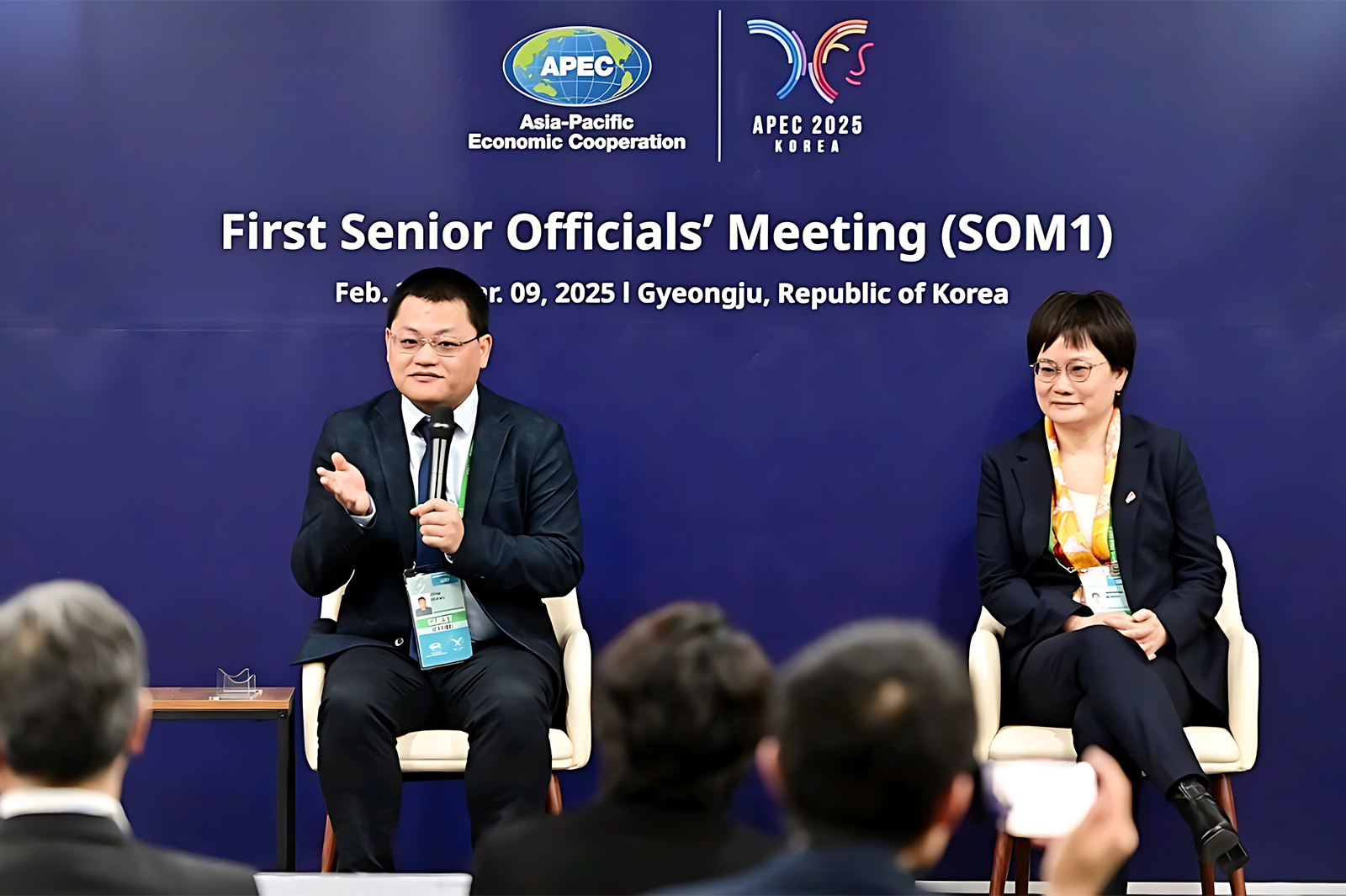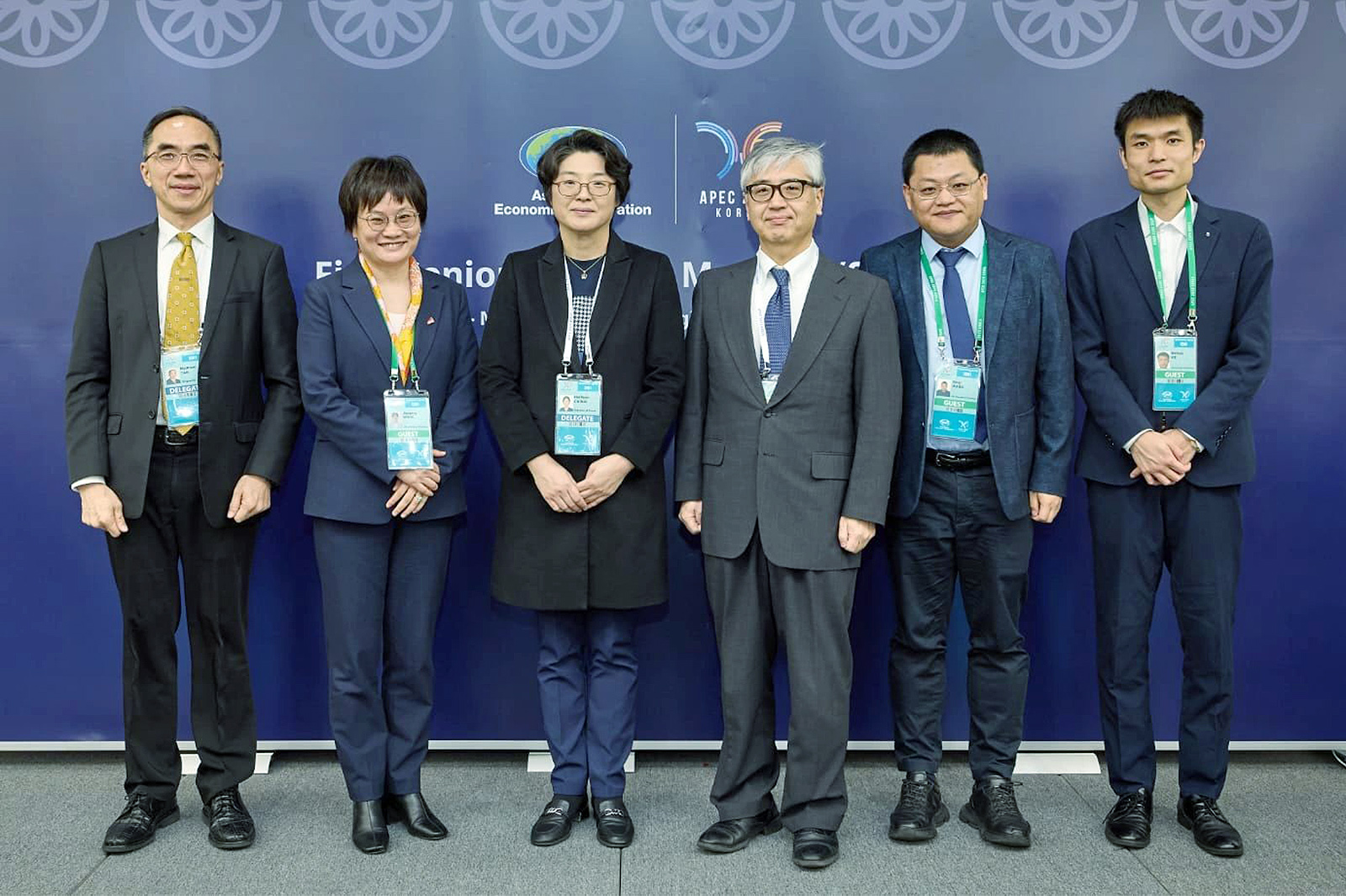Enhancing Food Security Through AI: A CityUHK Innovation
19 MAY 2025

Addressing food security challenges through innovative technologies was the focus of an impactful workshop led by Professor Wang Jianping, Dean of the College of Computing at City University of Hong Kong (CityUHK), at the Asia-Pacific Economic Cooperation (APEC) forum in Gyeongju, South Korea, from 24 February to 9 March.
Professor Wang and her team at CityUHK discussed the integration of Generative Artificial Intelligence (Gen AI) in enhancing APEC’s Asia-Pacific Information Platform on Food Security (APIP), which has shared crucial information on food security online since 2012.
The team also looked at how its AI-driven tech could attract private sector engagement for APEC’s Policy Partnership on Food Security (PPFS), launched in 2011 to tackle growing concerns about food security due to rising food prices and periods of price volatility.
The CityUHK team hopes its pilot GEN AI website can significantly improve the existing APIP system.
“Our APIP Copilot is a cutting-edge, Gen AI-powered platform designed to support the APEC community,” said Professor Wang.
The CityUHK platform can deliver advanced functionalities such as intelligent business demand-supply matching, technical knowledge mining, import/export policy guidance, and analyses of trading regulations across APEC economies. Significantly, the platform harnesses Gen AI’s transformative potential, enabling optimised trading, enhanced food security, and stronger international cooperation.

At the workshop, Professor Wang and her team demonstrated the entire Gen AI-powered framework, sharing their expertise in using Gen AI to improve functionality and invoke greater private sector participation, especially in PPFS-related work.
“Looking ahead, our focus is on engaging private sector stakeholders to expand the platform’s reach. Key priorities include ensuring robust data security and promoting responsible AI practices,” said Professor Wang, adding that the APIP Copilot will evolve into a comprehensive information hub by broadening the network of participants and enriching data sources.
The next goal is to upload key information about importing and exporting seafood from APEC economies. Professor Wang believes that her team’s GEN AI APIP system has the potential to revolutionise how food security information is shared among APEC economies.
